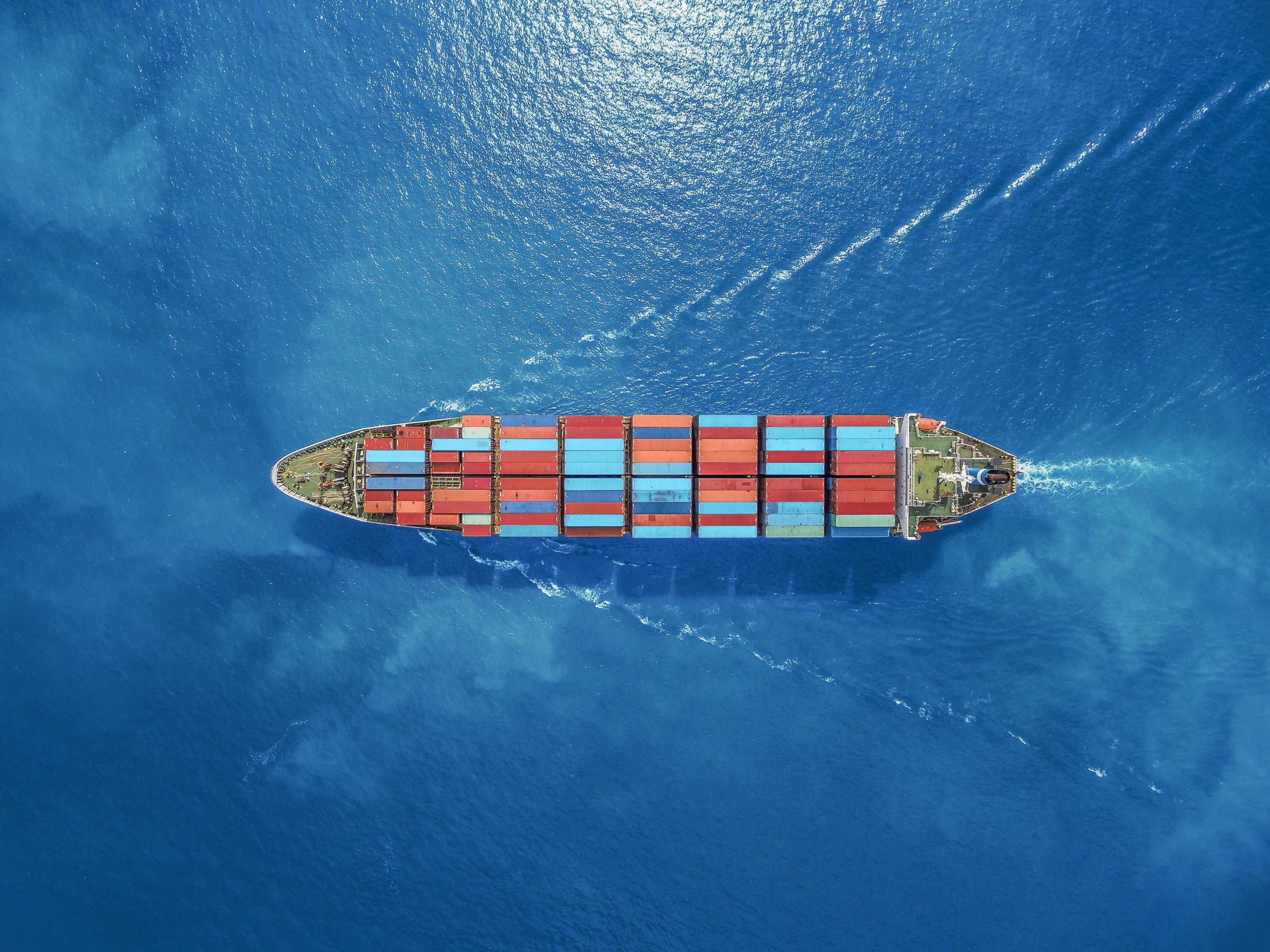
MERC: Paving the Way for a Sustainable Maritime Future
Based in Athens but with a global outreach, MERC is committed to making a tangible impact on reducing maritime emissions today, while laying the groundwork for a zero-emission future. By leveraging research, innovation, and joint partnerships to implement sustainable solutions, MERC can ensure that today’s fleet and workforce are prepared for a greener future.
-
The Maritime Emissions Reduction Centre (MERC) centre was founded to fill a gap in the maritime industry’s approach to decarbonisation. While there are numerous initiatives focused on the future of maritime energy, particularly in the development of alternative fuels, there is a need for a dedicated effort to address the immediate challenges faced by the existing fleet, using conventional fuels, and support it to reduce GHG emissions.
-
MERC envisions a maritime industry that operates sustainably, achieving significant reductions in greenhouse gas emissions. MERC aims to lead the global maritime industry in embracing solutions that improve efficiency and drive the sector towards a sustainable future.
-
MERC is committed to overcoming the technical, financial, commercial and societal barriers that hinder the adoption of the solutions and practices required to decarbonise the existing fleet. Through collaborative research, applied innovation, and strategic partnerships, MERC seeks to accelerate the maritime industry’s transition to more efficient and sustainable operations. The Centre’s mission is to provide the maritime industry with the tools, knowledge, and support needed to implement solutions that deliver immediate and long-term benefits.
-
MERC is focussed on the existing fleet and vessels that will be delivering in the near term operating on conventional fuels. We are therefore focussed on efficiency, enabling technologies and solutions that will help the existing fleet improve GHG efficiency, reducing emissions and ensuring existing vessels contribute to global decarbonisation efforts. This includes energy saving technologies and operational practices, alternative energy sources, such as wind and solar, which reduce fuel consumption and GHG emissions, as well as complementary solutions such as onboard carbon capture.
-
MERC is a non-profit organisation based in Greece, formed through a strategic collaboration between key industry stakeholders, including shipowners, management companies, OEMs, and research institutions. Our membership is structured to include Strategic Members, Centre Members, and Project Members, each contributing financially and with expertise to advance our shared goals. In addition, academic and knowledge partners provide insights and knowledge, collaborating in the MERC’s initiatives and research projects. The organisation operates on a non-commercial basis, focusing on industry-wide impact through applied research, innovation, and collaboration.
-
MERC is governed by a robust framework that ensures transparent and effective decision-making. The Governance Committee, comprising representatives from our founding partners and strategic members, provides strategic direction and oversight. An Advisory Technical Committee, which includes experts from various maritime sectors, offers guidance on scientific and technical matters. Additionally, a Director and Scientific Advisor manage the day-to-day operations and ensure the alignment of activities with our mission.
-
MERC’s research program is strategically focused on delivering practical solutions that can be deployed across the existing maritime fleet to achieve immediate emissions reductions. The program is intended to address the most pressing challenges and to develop solutions that are scalable, adaptable, and applicable across a wide range of vessel types and operational profiles.
Key research areas include:
• Energy and GHG efficiency technologies
• Digital solutions
• Operational best practices
Collaborative research projects are designed to bring together stakeholders from across the maritime industry to address common challenges. These projects are typically multi-disciplinary, involving experts in engineering, economics, environmental science, and policy.
Our efforts include policy advocacy, collaboration with shipyards and OEMs, and training industry personnel. We also work closely with Flag Administrations and NGOs to ensure our research and findings contribute to global regulatory frameworks.

